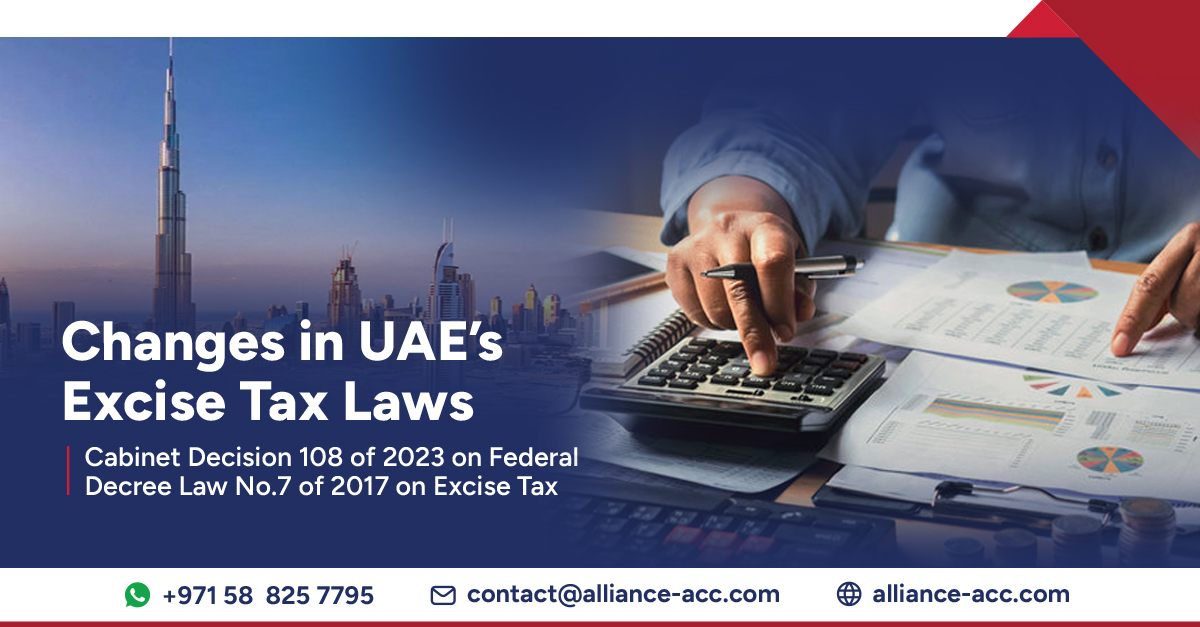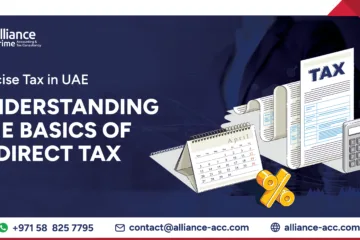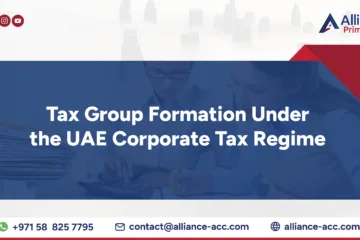Changes in UAE Excise Tax Laws: Cabinet Decision 108 of 2023 on Federal Decree Law No.7 of 2017 on Excise Tax
In a recent development, the United Arab Emirates Federal Tax Authority (FTA) revealed major revisions to the UAE Excise Tax structure through Cabinet Decision 108 of 2023. These amendments, marking a significant shift in the taxation landscape since its introduction in 201, have taken effect since last December 1, 2023.
The key changes in the amended regulation are as follows:
- Introduction of New Definitions:
The decision introduces new terms such as “Official Evidence,” “Shipping Certificate,” and “Commercial Evidence” to streamline the process of verifying the export of Excise Goods from the state. These changes are intended to enhance clarity and accuracy in record-keeping.
- Tax Registration:
The amendments emphasize that a rejected Tax Registration application does not exempt you from complying with UAE excise tax regulations. Businesses can reapply once they meet the Tax Registration requirements, ensuring continued adherence to regulatory standards.
- Tax Deregistration:
Under the new rules, the FTA has the authority to deregister businesses without a formal request from the taxpayer in certain circumstances, such as when the business is no longer liable for the tax or if maintaining the registration could compromise the integrity of the tax system. Article 6 has been amended to allow the Authority to deregister a taxable person without a request in the following conditions:
- If the Authority determines that the person has ceased conducting activities, unless it is proven that they intend to resume these activities within the next six months, or
- If maintaining the registration would harm the integrity of the tax system.
The FTA must notify businesses of deregistration decisions within five business days.
- Stockpiling:
The amendment in Article 11 stipulates that a taxable person’s entire stock of excise goods will be deemed ‘excess’ if audited records of stockpiled goods are not maintained. Businesses are now required to keep audited records of their excise goods from the effective date of the Decree-Law. Failure to maintain these records may result in the Authority considering the entire stock as excess excise goods, thereby making it fully taxable.
- Exemption for Release for Consumption:
Article 12 introduces the concept of ‘natural shortage.’ If a shortage occurs due to the natural characteristics of the goods and meets the standards and controls specified by the Authority, the shortage can be notified according to the approved mechanisms. Proper documentation must be maintained to prove the shortage. In such cases, the goods are not considered as released for consumption.
The provisions also outline exceptions to the release of Excise Goods for consumption, particularly in cases of natural shortages within designated zones. These ensure proper documentation, notification, and verification processes for businesses operating in these zones.
- Treatment of Designated Zone:
A new clause has been added to Article 15, treating a Designated Zone as if it were within the State if there are changes in operational mechanisms or violations of Designated Zone conditions. Additionally, the requirement to retain sufficient documentation on the value and quantity of excise goods subject to deficiency or shortage, or those that will be destroyed, has also been included in this article. Treating the Zone as within the State in case of operational changes or violations underscores the commitment to maintaining regulatory standards.
- Documents for Deductible Tax:
In practical scenarios, the Authority now allows the submission of a customs declaration and commercial evidence, or an Exit Certificate and official evidence, to prove the export of goods. However, the Authority retains the discretion to accept these documents and may specify alternative forms of evidence depending on the nature of the goods or exports. Clarifications regarding the considered payment of tax further support this framework.
The Authority has also clarified that rejection of tax registration or forced deregistration does not exempt a person from complying with the provisions of the law. This includes submitting another application for registration when the conditions are met.
Another notable amendment, effective from June 1, 2024, introduces the option for non-registrants to apply for a refund on excise goods exported directly or indirectly, upon fulfillment of certain conditions.
Tax Refunds in Special Cases:
New provisions establish conditions for tax refunds on direct and indirect exports by non-taxable persons conducting business. These provisions impose strict requirements, including physical exportation, payment evidence, and the retention of specific documents, to ensure the legitimacy of refund applications.
Conclusion:
Cabinet Decision 108 of 2023 reflects the UAE’s Federal Tax Authority’s proactive efforts to enhance the UAE Excise Tax framework. As businesses adjust to these changes, understanding the updated provisions is essential for compliance and risk mitigation. The transparent and detailed nature of the amended regulations contributes to a more straightforward and reliable taxation system in the UAE.
Summary of the Amendments to Executive Regulations of UAE Excise Tax Law
In conclusion, the recent amendments introduced through Cabinet Decision No. 108 of 2023 mark a significant shift in the regulatory landscape governing UAE Excise Tax in the UAE. These changes, effective from 1st December 2023, address key aspects such as definitions, tax deregistration criteria, stockpiling considerations, exemptions for goods release, treatment of Designated Zones, and documents required for deductible tax.
The explicit provisions aim to enhance clarity, streamline processes, and ensure adherence to compliance standards. Taxable persons are urged to familiarize themselves with these updates, recognizing their implications for taxation and operational practices. As the regulatory framework evolves, the Federal Tax Authority continues to strive for a robust and transparent taxation system, promoting fairness and efficiency in the realm of UAE Excise Tax.
The changes aim to bring more clarity to the taxation system, emphasizing compliance and transparency. Businesses are encouraged to understand these amendments to ensure continued adherence to regulatory standards in the UAE.
How Alliance Prime can help you in this new UAE Excise tax amendment?
Alliance Prime can provide support in reviewing the operations of your entity, ensuring compliance with the updated regulations in Excise Tax UAE.
For Queries and Support:
WhatsApp: +971 58 825 7795
Email: contact@alliance-acc.com




